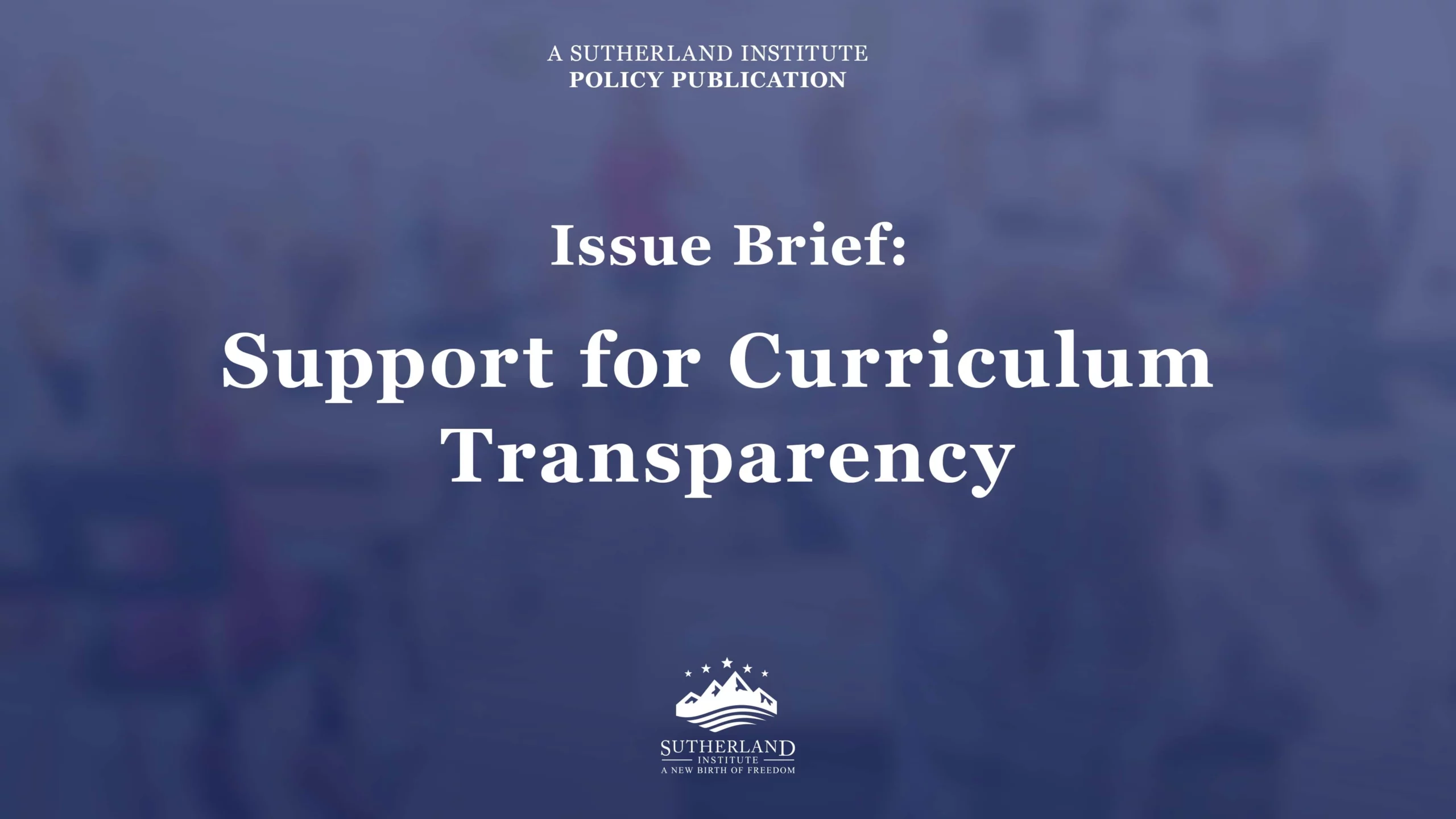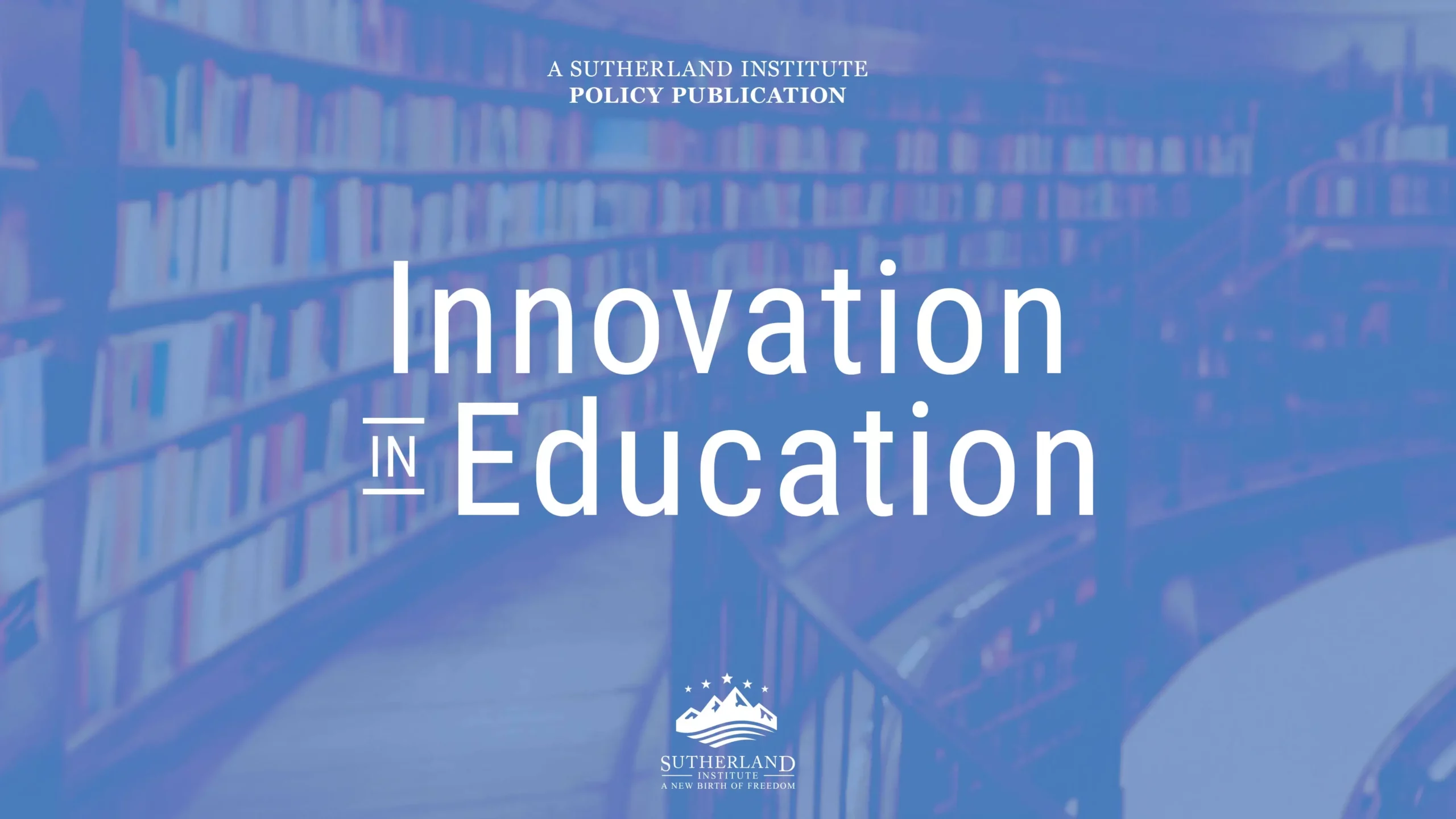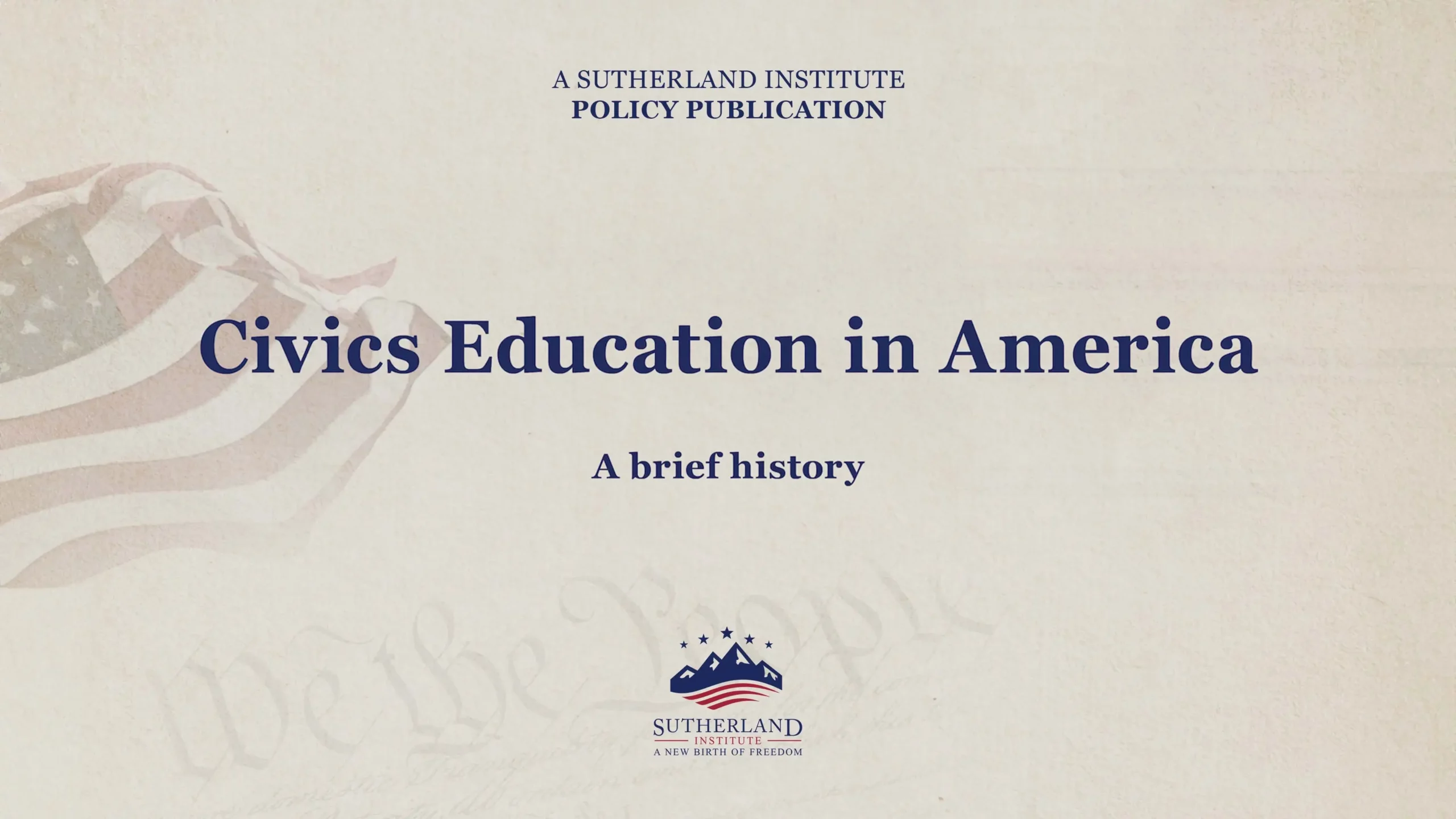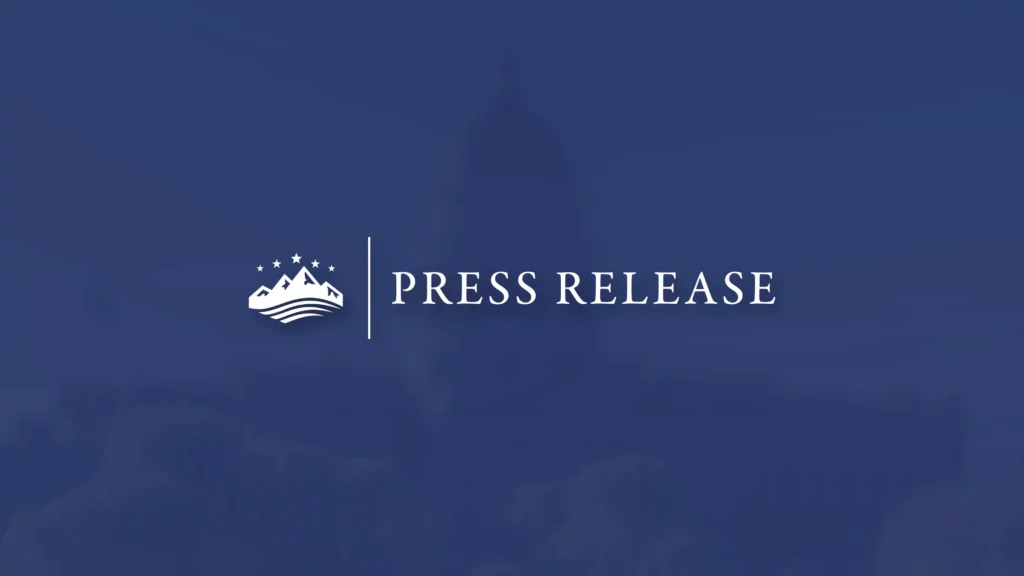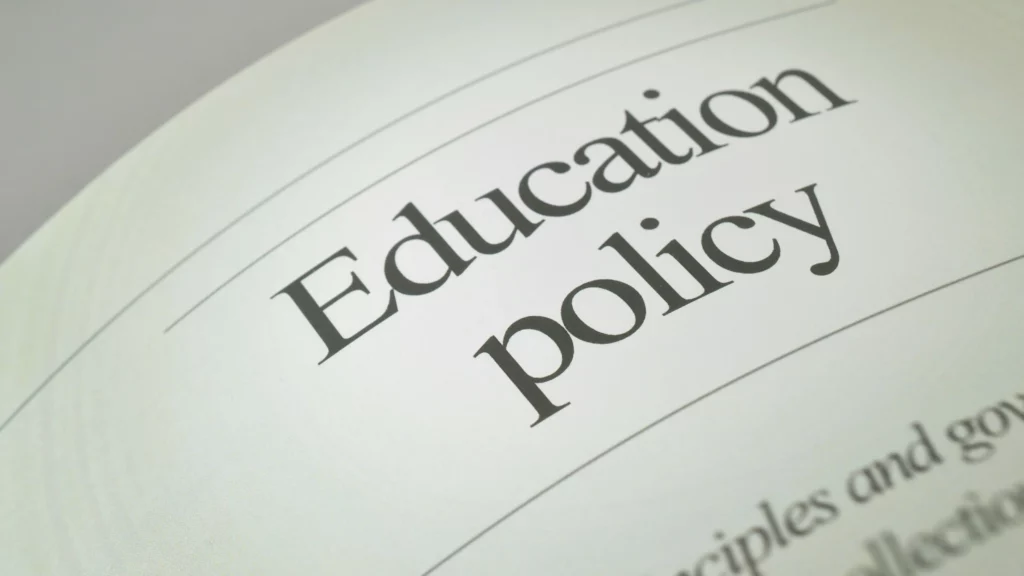Policy
Education
Human beings are magnificent. We were born with a God-given ability to learn and the capacity to grow. As Aristotle put it, “All men by nature desire to know.” Education is broader than any one school system. It’s a series of opportunities to learn, which should be delivered in ways that allow us to meet the unique needs of children. The growing diversity of our student population requires an equitable education for every child, which contemplates both productive citizenship and employment and which is delivered by the best teachers – whoever they are.
This vision for education requires humility and the pursuit of good ideas – wherever they come from. We can achieve this by empowering parents to create learning paths as unique as the student, rejecting approaches that undermine decision-making authority of those closest to the student, respecting taxpayers as owners of the public education system, and protecting the marketplace of options and the innovators who contribute to it. Education is necessary because each individual has the potential to accomplish great things. Education should reflect these truths, and we believe it can.
Education
Human beings are magnificent. We were born with a God-given ability to learn and the capacity to grow. As Aristotle put it, “All men by nature desire to know.” Education is broader than any one school system. It’s a series of opportunities to learn, which should be delivered in ways that allow us to meet the unique needs of children. The growing diversity of our student population requires an equitable education for every child, which contemplates both productive citizenship and employment and which is delivered by the best teachers – whoever they are.
This vision for education requires humility and the pursuit of good ideas – wherever they come from. We can achieve this by empowering parents to create learning paths as unique as the student, rejecting approaches that undermine decision-making authority of those closest to the student, respecting taxpayers as owners of the public education system, and protecting the marketplace of options and the innovators who contribute to it. Education is necessary because each individual has the potential to accomplish great things. Education should reflect these truths, and we believe it can.
Conversations
Making up ground in education scores #utpol #education
How curriculum impacts civic decision-making #utpol
How school boards are the vestiges of true democracy #utpol #education
The burden of regulation on teachers' schedules #utpol
The need to end address discrimination
Adapting school districts to the new era of education
Making up ground in education scores #utpol #education
How curriculum impacts civic decision-making #utpol
Insights & Takeaways
How information lag could be impacting the parent-teacher partnership
Recent polling shows that parents and teachers diverge on views of curriculum access and satisfaction with Canvas. Helping parents access what’s already available to them could help.
Rewarding teachers who make curriculum accessible to parents
New polling shows that parents and teachers diverge on curriculum accessibility. Voluntary incentive programs could help close the gap.
Utah’s 2025 Education Policy Agenda
New survey data from Sutherland Institute highlights parent-teacher perception gap.
2 ways that policymakers can support public schools trying to do more with less
Lawmakers could consider offering incentives – instead of giving mandates – and help facilitate parent engagement.
Simple reforms to make school district websites better for parents
Districts can make sure information about curriculum is easy to find, that it’s organized in a user-friendly way, and that links are working and updated.
How nonprofit Next Step to Success teaches kids the ‘success sequence’
Nonprofit and community collaboration can help fill gaps of support for students in areas where public policy can’t reach as effectively.
How Utah can increase parent access to curriculum
To advance the work of individual educators without overburdening them with new requirements, the Legislature could enact a program that rewards teachers who proactively make curriculum information accessible to parents in a robust way.
A framework for the congressional efforts in education policy
Congress can reduce its interference in K-12 education by changing the way it approaches education issues already on its desk.
How Utah school boards, districts, lawmakers can close parent-access gap
Parent access to curriculum requires a strong parent-teacher partnership, but better implementation by the individual school districts and state is also necessary.
New report and survey data highlight areas for open enrollment reform
Utah voters strongly support making information about open enrollment more transparent to parents.
Original public meaning, not subjective intent, should guide Utah judge’s evaluation of scholarship law
The court can make a great contribution by getting the legal issues right.
Sutherland releases new open enrollment policy reform recommendations
Sutherland Institute released a new research publication evaluating open enrollment, with proposed reforms to the law and its implementation.





